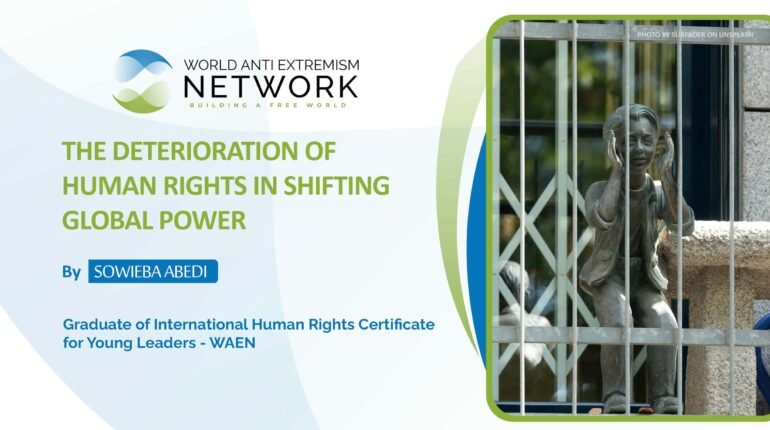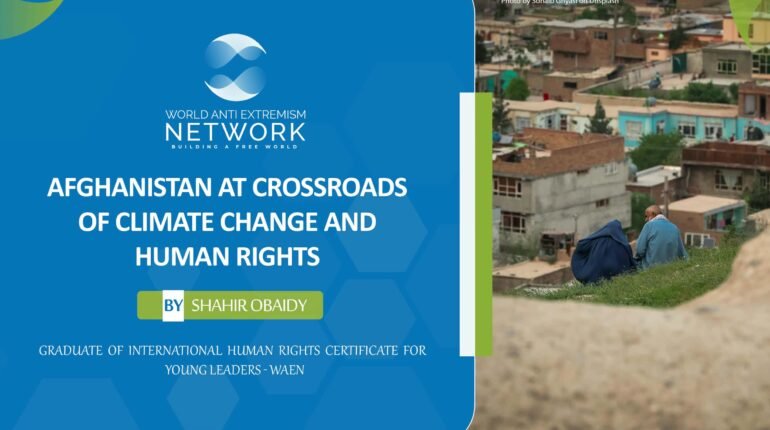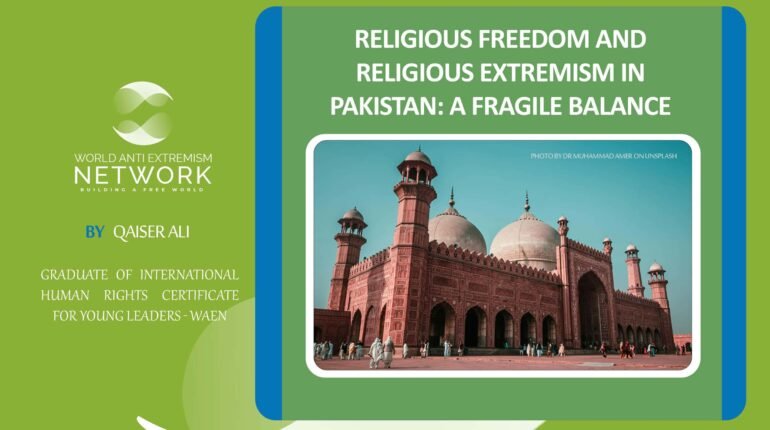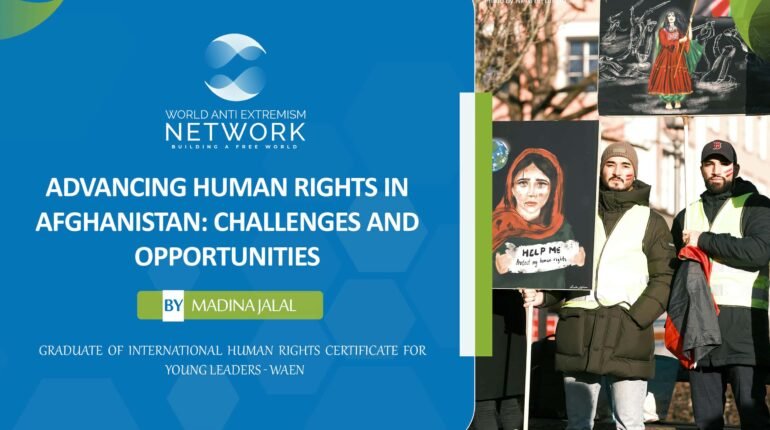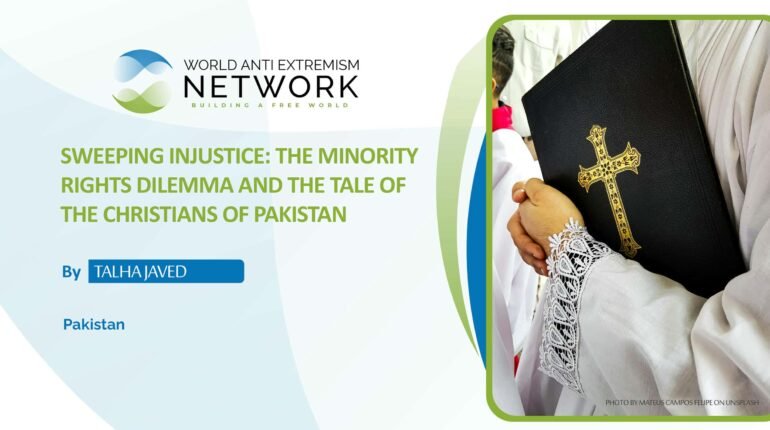THE PRISONERS OF EXTREMISM
- World Anti Extremism Network
- THE PRISONERS OF EXTREMISM
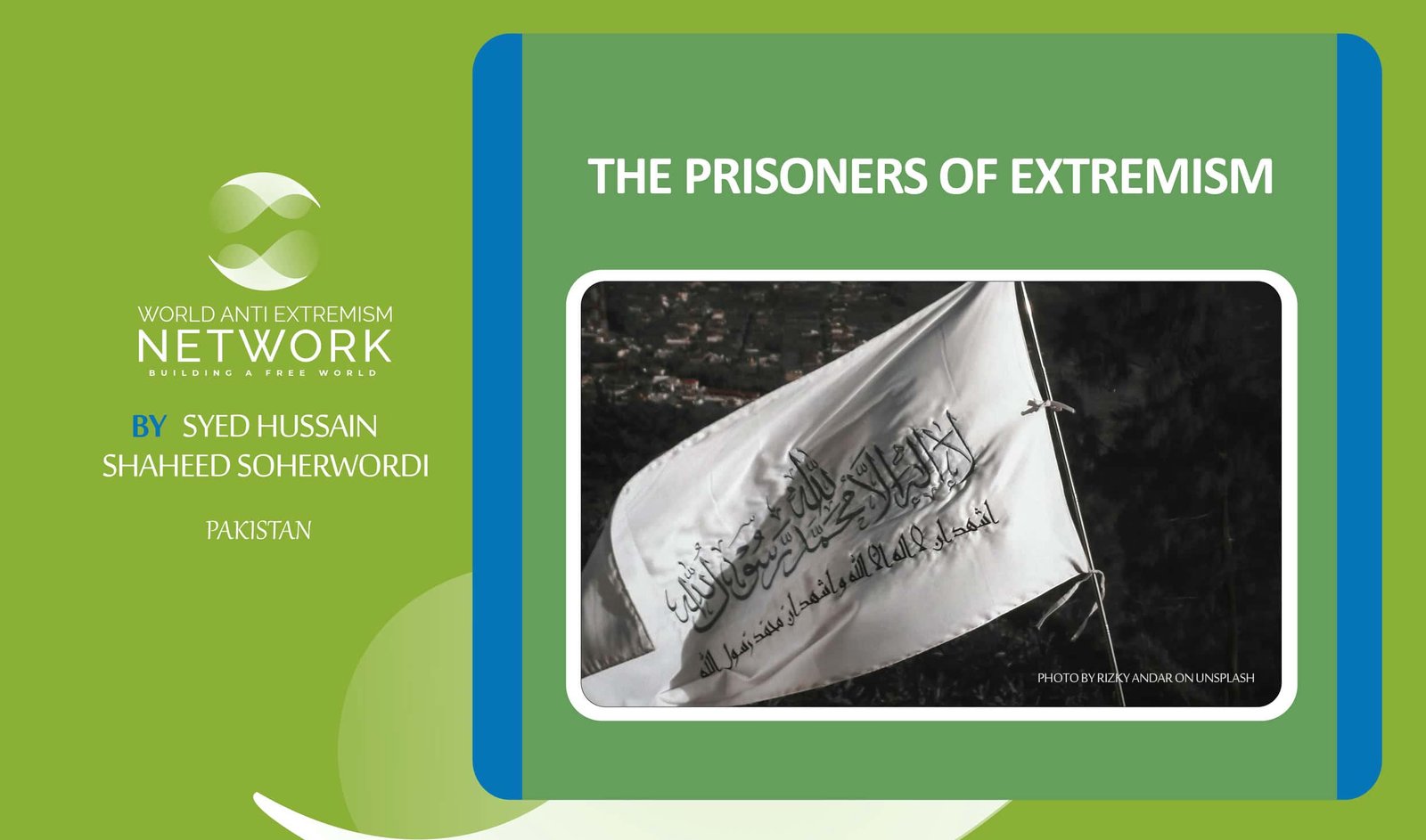
Caught between rising extremism and fragile diplomacy, Pakistan and Afghanistan are standing at a crossroads. In this piece of writing, Syed Hussain Shaheed Soherwordi discusses how decades of religious militancy have shaped the region, and why ordinary people remain the true victims. From the unchecked rise of the TTP to the Afghan Taliban’s influence, the article sheds light on the roots of the crisis and offers practical ways forward. Instead of more violence, the author suggests smart diplomacy and regional cooperation to break free from this ongoing crisis. A thought-provoking and timely piece to understand about peace, security, and the future of South Asia.

About the Author
Dr. Syed Hussain Shaheed Soherwordi is a Professor and Former Chairman of the Department of International Relations at the University of Peshawar, and Former Director of the Center for FATA Studies. He specializes in International Relations, Conflict Resolution, and CVE. A Fulbright, Carnegie, and Charles Wallace fellow, he earned his MS and PhD from the University of Edinburgh and completed a fellowship at the University of Delaware. He has taught internationally, including at the Fulbright Commission in Bulgaria and the University of Edinburgh, and has authored over 48 research papers. His work focuses on regional security, Pak-US relations, and Extremism. He has also edited two books on FATA’s political and socio-economic landscape. Dr. Soherwordi continues to shape academic and policy debates on regional peace and foreign affairs.
The opinions expressed in these articles are solely those of the authors and do not reflect the views or positions of the organization. If you find any information incorrect, please contact (research@worldantiextremism.org), and we would be happy to assist you. You can download, distribute, and reuse this work, provided you credit the author and cite the original source.
Related Articles
Subscribe to our newsletter and stay updated.
Contact
Toronto, Ontario, M1L 0E5 Canada
Subscribe to our newsletter and stay updated.
Contact
Toronto, Ontario, M1L 0E5 Canada
Subscribe to our newsletter and stay updated.
Contact
Toronto, Ontario, M1L 0E5 Canada


